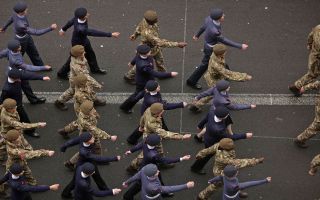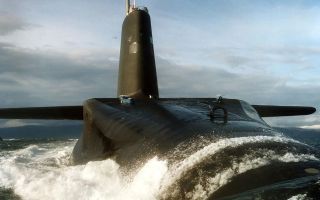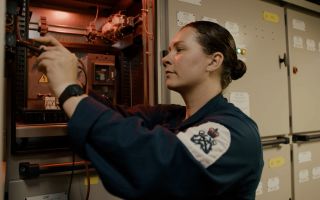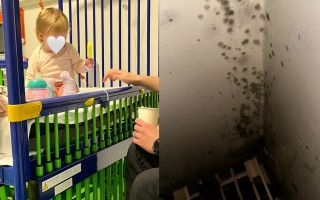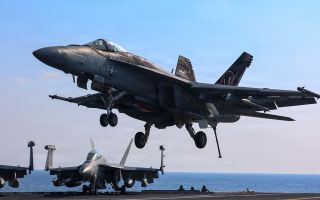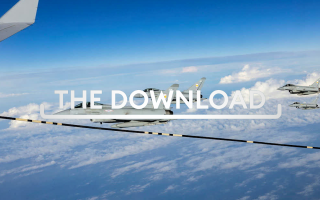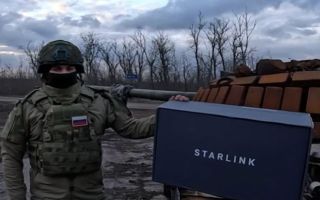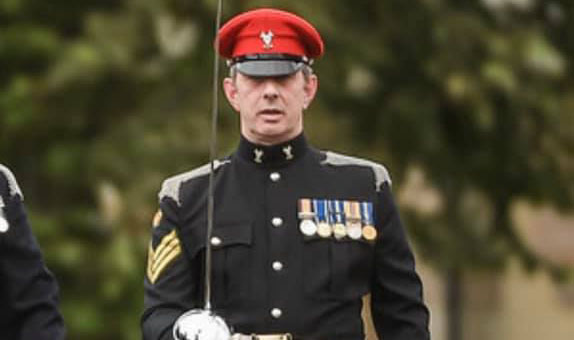
Army chief apologises for failing safety standards that led to soldier's death

Chief of the General Staff General Sir Roly Walker has apologised for failing to maintain the safety standards expected which led to the death of Staff Sergeant John McKelvie.
The head of the Army issued a statement in which he said the service accepted the Health and Safety Executive Crown Censure issued in relation to the death of SSgt McKelvie of the Scottish and North Irish Yeomanry on 4 February 2019.
"We didn't do enough to protect him from the risk of death. The condolences I offer to John's family and friends are heartfelt for a soldier lost that didn't need to be lost in this way," the Army chief added
SSgt McKelvie, 51, also known as "Jock", died in hospital after the Jackal he was driving rolled multiple times down a steep hill at Catterick Training Area in North Yorkshire.
He was airlifted to James Cook Hospital in Middlesbrough, but died from his injuries.
SSgt McKelvie had been taking part in off-road training with five other reservists, which included ascents and descents of a steep valley known as The Land of Nod.
While attempting an ascent, the Jackal lost traction and rolled backwards, throwing one of the course leaders from the vehicle.
North Yorkshire Police, the Royal Military Police and the Health and Safety Executive investigated the death of the soldier, who was described by his sister Jacqueline Welsh as "outgoing" and "full of action".
Gen Sir Roly added: "We failed John and I am so sorry.
"We are committed to learning and adapting, so this never happens to another family, another regiment, or another group of friends.
"I realise that I must also restore the confidence of others in the safety and supervision of high-risk training.
"I would like to express my appreciation to the Health and Safety Executive for the thoroughness of the investigation. This scrutiny and the identification of our failings in this process and in the Service Inquiry and inquest ensures real change.
"The men and women who bravely commit to defending our country deserve the highest safety standards during their training.
"We will continue to strive to ensure that the lessons learned from John's death help to make others safer now and in the future."
MOD sanction
A Crown Censure – the most serious sanction possible for the MOD which is exempt from prosecution – was issued by the HSE, which called for robust systems to be put in place to prevent such incidents.
It warned there had been a failure of oversight and the course progressed too quickly, without trainees developing enough skills before taking on more significant off-road obstacles.
Warnings were also provided for risk assessments that were not sufficient, and despite numerous previous "rollovers", the Army had failed to foresee what could go wrong, while orders and directions had not been sufficiently adhered to.
The HSE found the training course involved hazardous activities which gave rise to the potential for the vehicle to roll, exposing those involved to risk.
HSE inspector Mark Slater said: "All training, including that which is required to be as realistic as possible, should be planned, risk-assessed and executed in such a manner that it does not endanger those who are involved.
"Had the systems implemented by the Army been more robust, Sergeant McKelvie would probably still be alive today."

